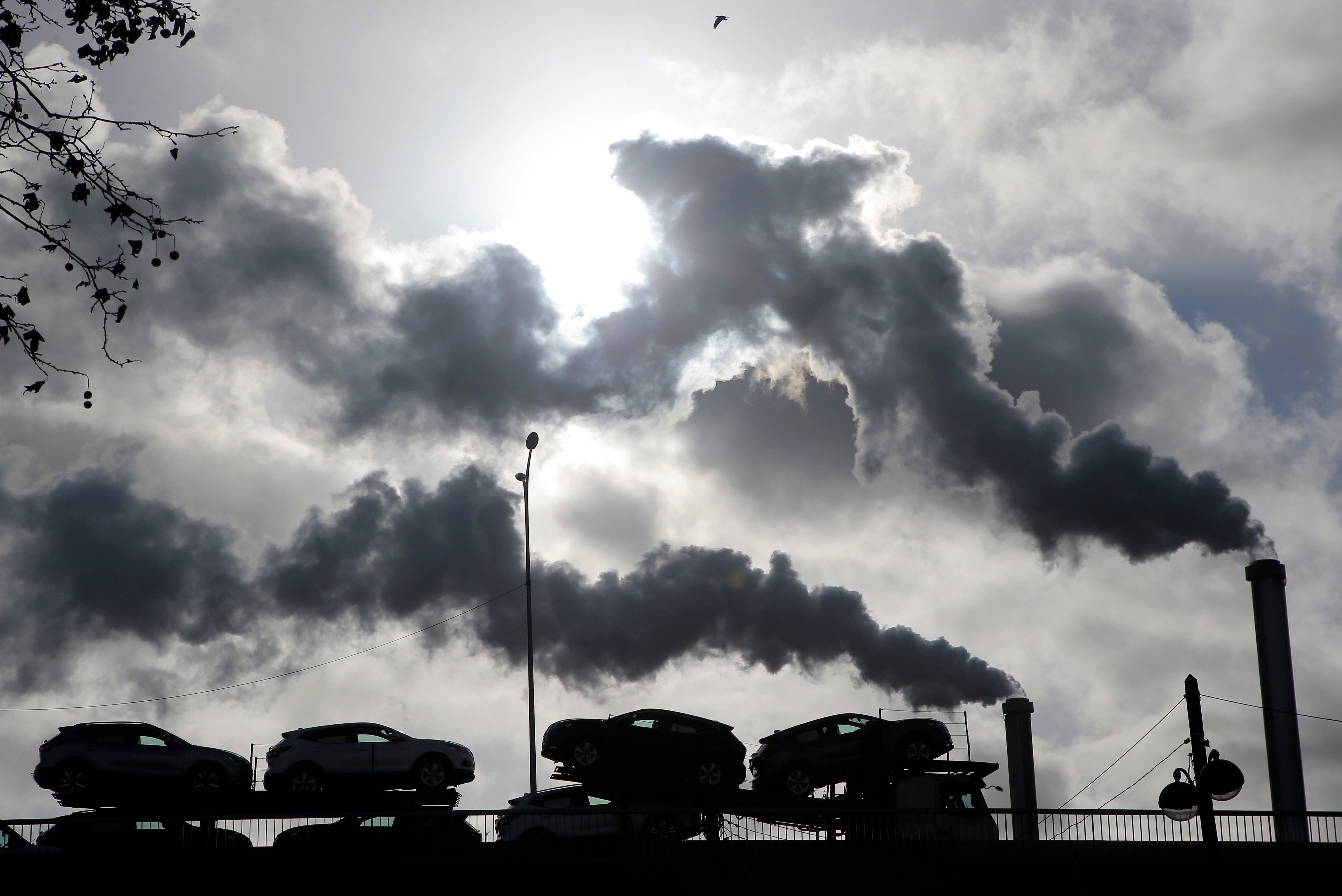Energy-related emissions up in December despite pandemic
Global energy-related carbon dioxide emissions rose slightly in December compared with the same month of 2019, indicating the sharp drop seen due to the pandemic was short-lived

Your support helps us to tell the story
From reproductive rights to climate change to Big Tech, The Independent is on the ground when the story is developing. Whether it's investigating the financials of Elon Musk's pro-Trump PAC or producing our latest documentary, 'The A Word', which shines a light on the American women fighting for reproductive rights, we know how important it is to parse out the facts from the messaging.
At such a critical moment in US history, we need reporters on the ground. Your donation allows us to keep sending journalists to speak to both sides of the story.
The Independent is trusted by Americans across the entire political spectrum. And unlike many other quality news outlets, we choose not to lock Americans out of our reporting and analysis with paywalls. We believe quality journalism should be available to everyone, paid for by those who can afford it.
Your support makes all the difference.Global energy-related carbon dioxide emissions rose slightly in December compared with the same month of 2019, indicating the sharp drop seen due to the pandemic was short-lived.
Figures released Tuesday by the International Energy Agency show emissions from the production and use of oil, gas and coal were 2% higher in December 2020 than a year earlier. The Paris-based intergovernmental agency said a resurgence in economic activity coupled with a lack of clean energy policies mean many countries are now seeing higher emissions than before the coronavirus outbreak.
“The rebound in global carbon emissions toward the end of last year is a stark warning that not enough is being done to accelerate clean energy transitions worldwide," said the agency's executive director, Fatih Birol. "If governments don’t move quickly with the right energy policies, this could put at risk the world’s historic opportunity to make 2019 the definitive peak in global emissions.”
Scientists have previously calculated that CO2 emissions fell by 7% during the full year 2020 as people stayed at home because of the pandemic.
“Our numbers show we are returning to carbon-intensive business-as-usual,” said Birol. "These latest numbers are a sharp reminder of the immense challenge we face in rapidly transforming the global energy system.”
Carbon dioxide is the main greenhouse gas responsible for global warming.
Scientists say that in order to meet the Paris climate accord's goal of keeping average temperatures from rising by 2 degrees Celsius — ideally no more than 1.5C — compared to pre-industrial times, man-made emissions of CO2 and other planet-heating gases need to reduced to near zero by mid-century.
IEA figures show that China was the only major economy whose emissions grew in 2020, while those in the United States fell by 10% compared to 2019. By December, U.S. energy emissions were close to the levels seen in the same month of 2019, the agency said, attributing this to economic recovery and greater coal use due to higher gas prices and colder weather.
Subscribe to Independent Premium to bookmark this article
Want to bookmark your favourite articles and stories to read or reference later? Start your Independent Premium subscription today.